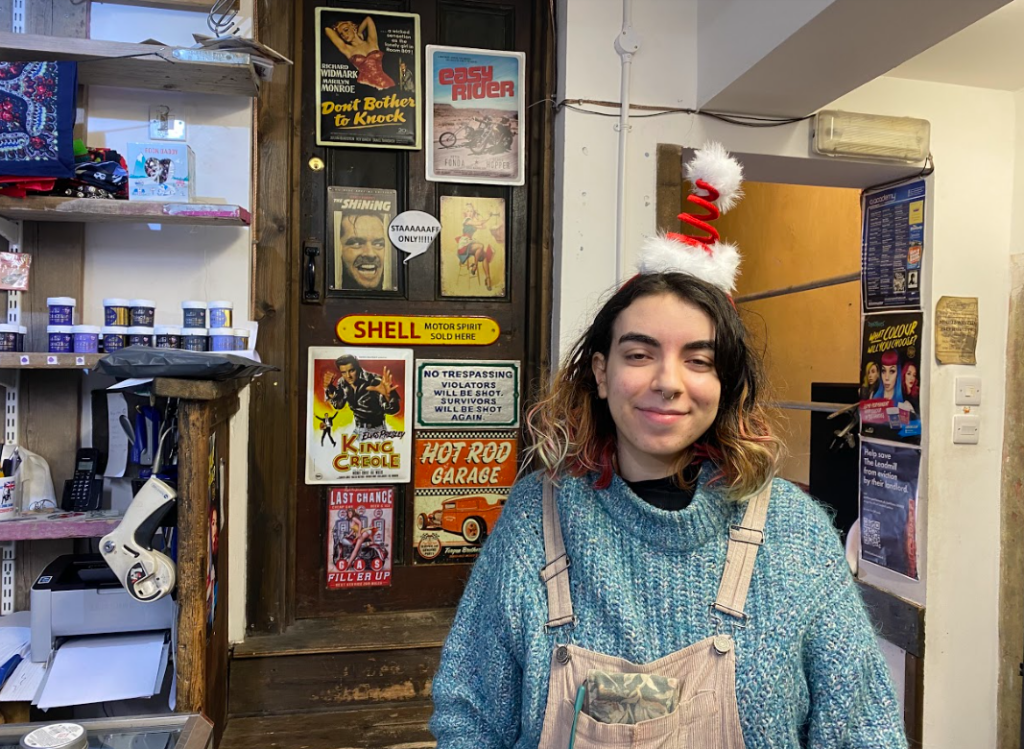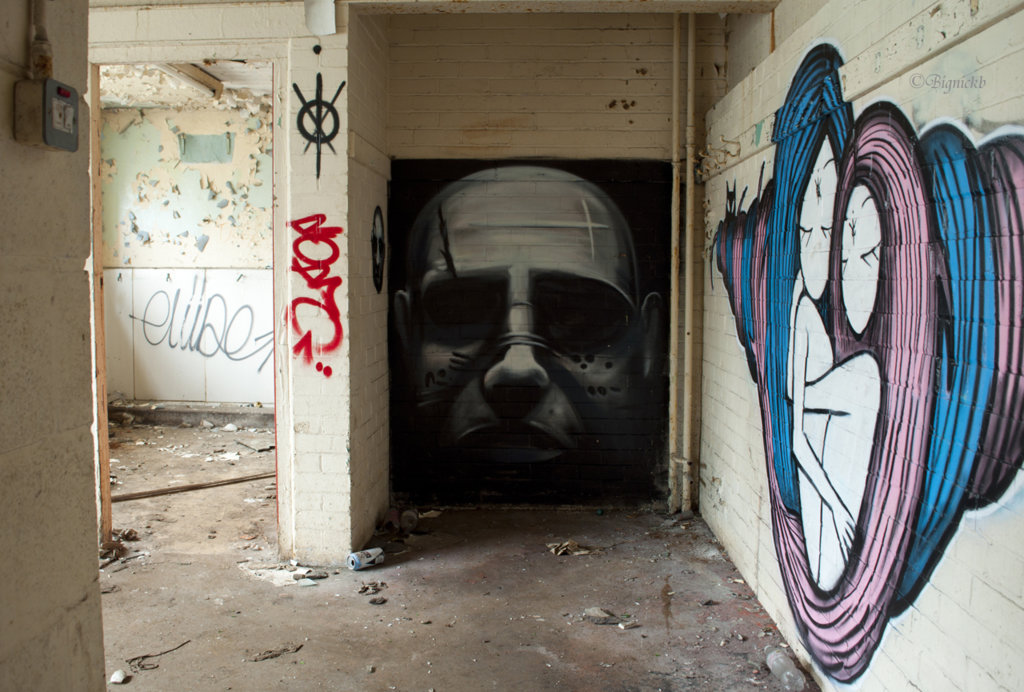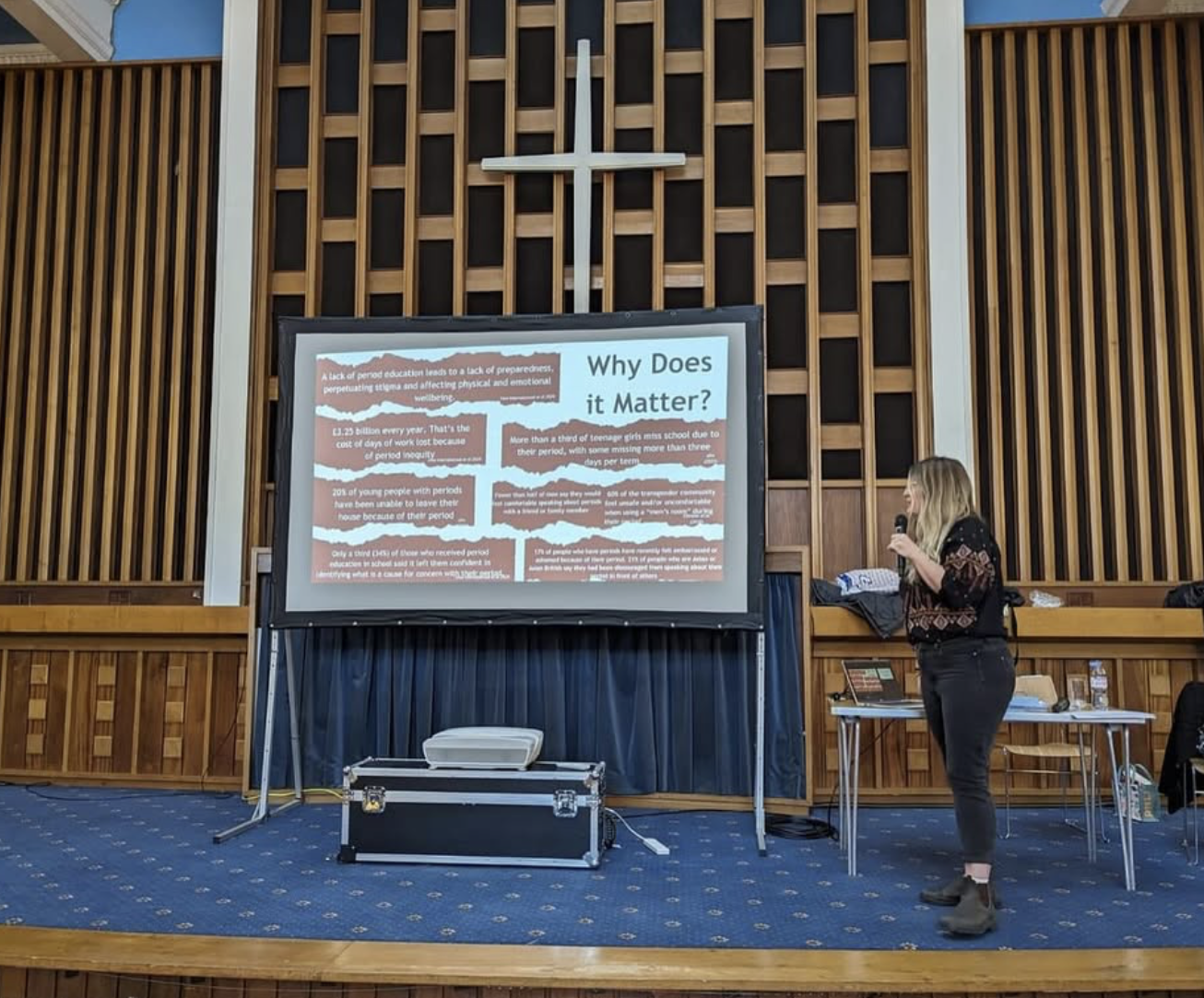Independent business owners on Sheffield’s Division Street have explained how they are navigating the cost of living crisis, in a bid to keep their shops afloat.
We visited the popular shopping quarter to find out how the ongoing economic situation has affected some of the smaller retail outlets.
Moonko: “The only option is to just keep going”

Moonko is an award-winning store which sells dried flowers and a range of handmade gifts from jewellery to soaps and kitchenware.
Owner, Deborah-Máire Moon, explained running her business has been a constant battle for years, but has been exasperated as shoppers tie their belts in a bid to make savings this winter.
She said: “I think I’ve been worried about my business since COVID, and even before then the high street had difficulties with unclear guidance around Brexit.
“It’s been a really turbulent few years for businesses across the country with the decision to leave the EU, the pandemic and now the cost of living crisis.”
Despite these concerns, Deborah is determined to remain optimistic and is committed to keeping her business afloat.
“I think the way out is perseverance and to just keep going. If you love what you do, you have to keep working for it,” she said.
“What other options do people have? If they close their business, they might still have debts to pay and they’ll be unemployed so they won’t have any income to pay the bills. The only option is to just keep going.”
Deborah believes the power of the community and social media can help her businesses survive.
“I think we’re a really close community, and social media has been very important for telling stories and allowing people to be honest about their experiences,” she said.
However, for Deborah the local community can only do so much. She explained: “You can do some things at a local level, but the real changes need to come from the government and those changes need to happen in terms of policy and in terms of certainty; politicians need to start being clearer about the guidance for small businesses in these situations.”
Preloved Kilo: “This whole thing has made people more conscious of local businesses”
Preloved Kilo are one of the fortunate independent stores, who have actually seen an increase in trade.
The store is the first of its kind in the city, offering tonnes of vintage stock, from 60’s maxi dresses to retro sportswear, for £20 per kilogram. The shop has always been popular amongst students and fans of vintage fashion, but has now become a familiar outlet to many Sheffield residents who are seeking affordable clothing due to several increases in inflation.
Store Manager, Tom Smith, 32, said: “We’re modelled on sustainable and affordable clothing, so If anything, we’ve sort of benefitted from the crisis.
“More people are being cost conscious and we’ve now got customers who would normally buy brand new clothes coming to us to purchase effectively the same item but for a lower cost because it’s second hand.”
Tom believes that recent events including the cost of living crisis have made people more aware of how they spend their money, driving them to shop sustainably.
“It’s a sad thing to be profiteering off other people’s struggles, but it does mean that more people are being sustainability focused and environmentally conscious off the back of it,” Tom said.
“It’s not just that vintage is trendy, people are becoming more aware of the impact fast fashion has on the environment.”
Staff at the shop have noticed a recent trend in shoppers ditching the conventional high street fashion outlets in favour of more affordable, ethically sourced products.
“The main shops that are going to be taking the hit are the more corporate-run retailers. I think this whole thing has made people a bit more conscious of local, independent businesses.
“Especially on Division Street, which is a real independent business hub for the city, we’ve noticed an increase in traffic and footfall.”
Tom has notice less people are going to shops in the Moor, including Primark and H&M, pointing out that they are charging significantly more for poorer quality products.
He said: “I feel like the cost of living has also created a sense of solidarity within the community as people are more conscious of the importance of supporting local businesses, especially at this time of year.
“People know to spend their money in our businesses rather than supporting big corporations that can easily ride through situations like this because they’re sitting on millions of pounds.
“Many of us are terrified to even put the heating on so if shoppers can come here and get good quality coats and jumpers cheaper than on the high street, then why wouldn’t they?”
He also thinks that second-hand clothing stores in general are benefiting from rising inflation.
“I’d say the situation is pretty much the same for all second-hand clothing shops, especially on this street,” he said.
“I can’t speak for everyone but I can say we’re all taking an uptake in footfall and I’m guessing in profits too.”
Cowboy Boot Store: “Sales would be much higher if it wasn’t for the cost of living”

The Cowboy Boot Store, located in Division Street’s Rocky Horrors, specialises in high-quality, custom-made western boots, clothing and accessories, but the business believes rising inflation rates have had a detrimental impact on trading.
Manager, Joana Oliveira, 21, said: “We sell high-value products, I mean some of our cowboy boots are over £100, but not everybody has that disposable income, especially when you have to choose between heating your house and eating.”
Joana explained although the business has seen an increase in sales, this is due to other efforts within the company and that if it wasn’t for the cost of living crisis, sales would have been much higher.
“As a local business owner, you worry because people watch the news and see the situation is getting worse and then they’re more reluctant to spend their money,” Joana said.
Joana is realistic, though, and is cautious about what the future holds. She said: “There’s not a lot you can do, I mean we can make promotions but at the end of the day, this is a business and we need to be able to pay wages.
“This is a small, independent business, we’re not like the big corporations and the CEOs making millions in profit.”
Joana believes apart from encouraging customers to share the business with friends and family, the business can’t do much else without help from the government.
She said: “I don’t think our politicians are concerned about the people and they need to start taxing the big businesses because if they don’t, then I can’t see how it’s going to get better.”




